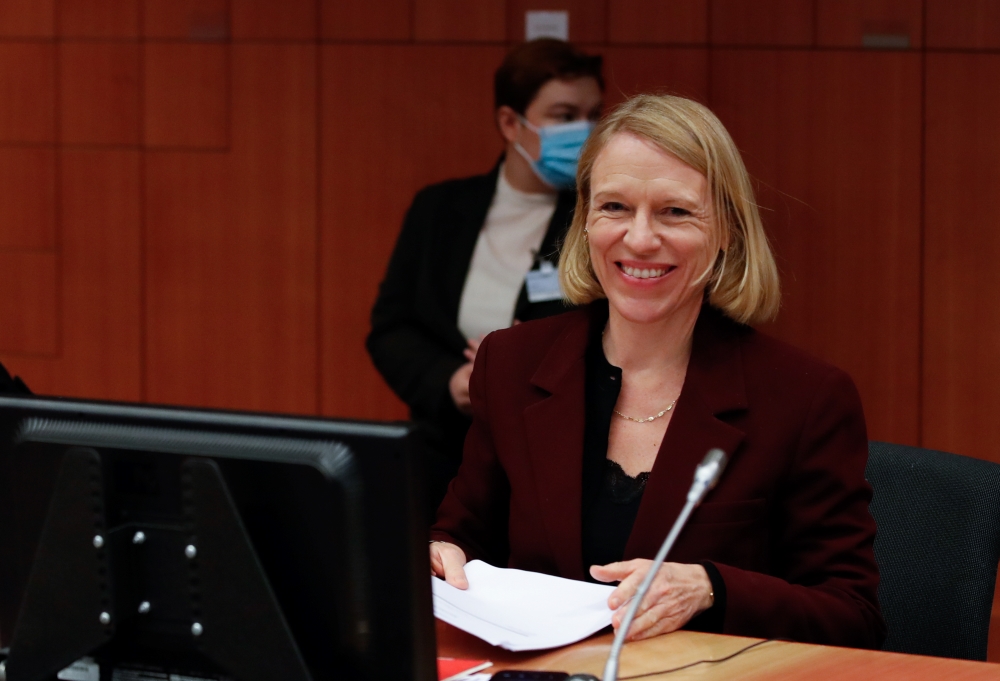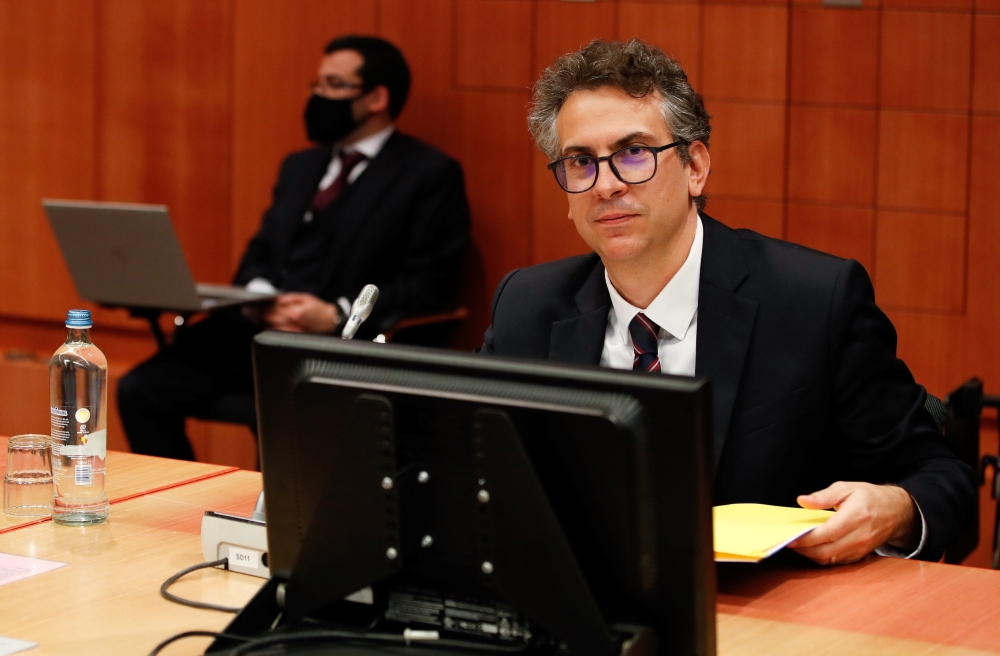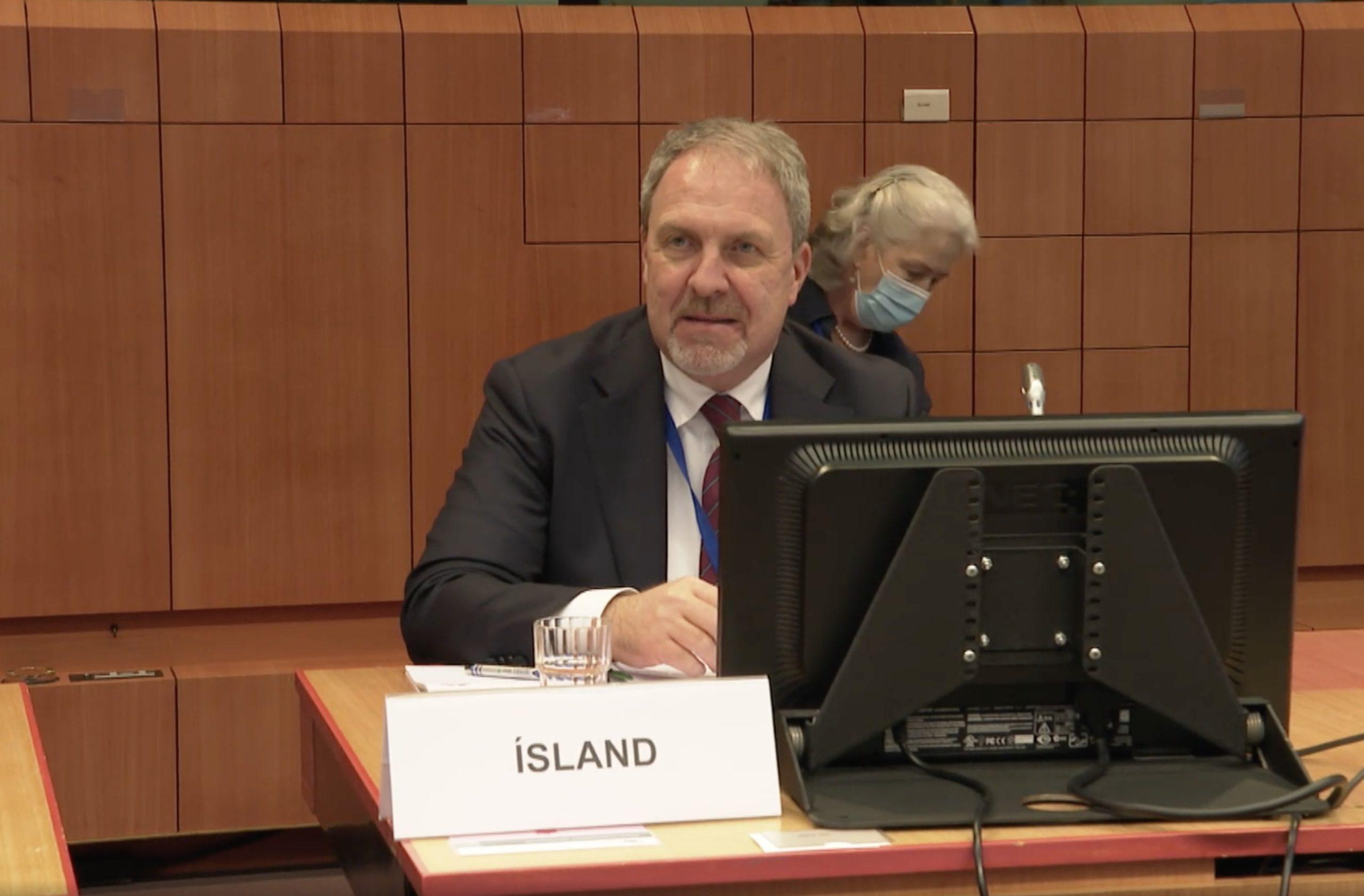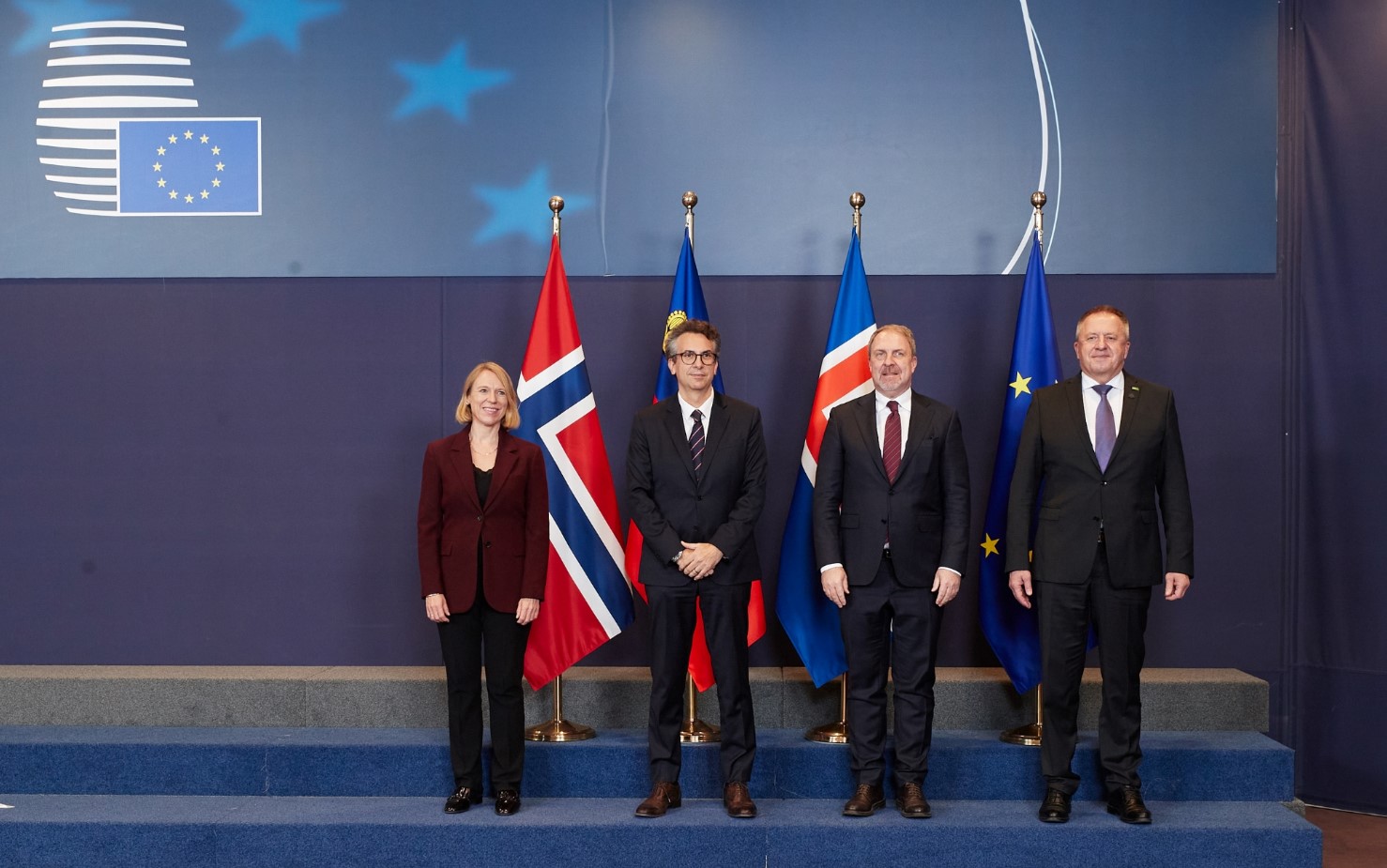The EEA Council is the most important formal channel between the EU and the Nordic countries Norway and Iceland, which along with Liechtenstein make up the three non-EU members of the EEA.
The twice-yearly meetings usually end with a final declaration, but this year for the first time in nearly three decades this was not possible. Hungary, one of the 27 EU member states that are also by default an EEA member, chose to veto the declaration in a move widely seen as “revenge” for having more than 200 million euro in EEA grants withheld earlier this year.
“The Hungarians have held the joint declaration hostage in order to influence their bilateral dispute with Norway on the Norway Grants. They have blocked all roads to compromise,” a diplomat who asked to remain anonymous told the Hungarian Népszava newspaper.
Power over millions of euro
While the EEA agreement made Norway, Iceland and Liechtenstein equal partners to the EU in the internal market, the three also voluntarily offered to help the Eastern European states when they joined EU 2004. Many consider the grants to be a de facto membership fee for being part of the internal market.
The difference is that Norway has the power to decide how these grants are distributed, to help reduce social and economic disparities elsewhere in Europe.

Anniken Huitfeldt is Norway’s Minister for Foreign Affairs. Norway currently chairs the EEA/EFTA cooperation.
These EEA grants help fund projects in 15 mainly Eastern European countries, covering topics from climate change to various civil society support programmes. 2.8 billion euro, of which Norway provides more than 95%, had been made available for the period 2014 to 2021.
Lost €200 million
Hungary was one of the countries set to benefit in this period, to the tune of over 200 million euro. In July 2021, however, Norway and the other EEA/EFTA countries decided to hold the money back. There is an absolute requirement for the beneficiary countries that the money is administered by a body that is independent of the authorities.
Norway’s then Minister for Foreign Affairs Ine Eriksen Søreide (Conservatives) said in a statement at the time the Hungarian government had refused to recognise the candidate body.
“Hungary has not accepted the appointment of the best-qualified candidate for the task,” said Eriksen Søreide.
“Funding under the EEA Grants scheme could have been very beneficial, particularly in providing support for civil society in Hungary, as well as in boosting innovation in the business, energy and climate sectors, and promoting minority rights.”

Ambassador Pascal Schafhauser represented the Principality of Liechtenstein at the EEA Council.
At the same time, Hungarian Prime Minister Viktor Orbán’s chief of staff, Gergely Gulyás, told reporters that “Norway owes us this money.”
The EU recently passed regulations linking respect for the principle of international rule of law to the EEA Grants. The Hungary episode goes to show that even the non-EU EEA trio does wield some power within the block when it comes to pursuing human rights, freedom of expression and the protection of civil society.
Norwegian chair faces challenges at home
Norwegian Minister for Foreign Affairs Anniken Huitfeldt chaired the 53rd EEA Council meeting as her country currently chairs the EEA/EFTA cooperation. The EEA Grants were not on the agenda, but what was discussed was the EU’s new industrial policy, which aims to accelerate the transition to a green and digital economy, and a more general assessment of how the current state of the EEA Agreement.
“Iceland, Liechtenstein and Norway reiterate the importance they attach to the EEA Agreement, which establishes a solid basis for a privileged relationship with the European Union,” read the official statement summing up the meeting.
Norway’s new government came to power in October, comprising Huitfeldt’s pro-EU Labour Party led by Prime Minister Jonas Gahr Støre, and the anti-EU Centre Party, which had campaigned on ditching the EEA agreement altogether.
In government, the two parties have agreed that the EEA agreement should form the basis for Norway’s relationship with Europe, but that the government will “work more actively to promote Norwegian interests within the agreement’s framework.” They have also agreed not to apply for full EU membership for the duration of this parliament.
In a speech to Parliament the day before the EEA Council meeting, Anniken Huitfeldt promised to review the EEA agreement, which has not been done since 2012.

Iceland was represented by Ambassador Krisján Andri Stefansson who is Head of Mission of Iceland to the EU.
“We want the review to shine a light on the challenges and opportunities the EEA agreement has had for Norway over the past ten years.
“It is important for Norway to have a debate about Europe. The EEA agreement and our cooperation with Europe have a broad impact on Norwegian interests and politics – including many themes where there are good exchanges of opinions and healthy disagreement here in parliament,” Huitfeldt said.
A recent opinion poll showed two-thirds of Norwegians would have voted for the current EEA agreement if there was a referendum now. Only three in ten would vote yes to full EU membership. In Iceland, only 23% of people are in favour of EU membership.





